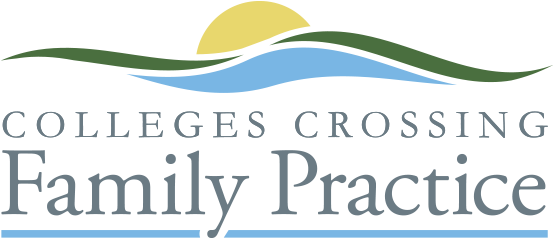It dismays me to see women suffering with debilitating pelvic pain who have been told “it’s a normal part of being a woman” or “it will settle when you have kids”. If you have pains around or during your period that don’t settle in 1-2 days or with simple pain killers (like paracetamol or ibuprofen), this is not normal and requires further care.
Other signs that things aren’t quite right are heavy periods, diarrhoea with periods, abdominal bloating and pains with exercise, sex, passing urine or bowel motions. If you are having to miss work, sport or school due to these symptoms, again, it is not normal. Often these symptoms can run in families – check your sisters, mum, aunties and grandmothers, you may find they suffered similar. There is no lower age limit for this diagnosis, most symptoms start in the teenage years (although it can be harder to diagnose in younger women).
It really isn’t wise to ignore pelvic pains – not only can it result in the loss of involvement and enjoyment of usual activities but it can affect your health and fertility in the longer term, scarring up your internal organs and making conceiving a family difficult. When you see your doctor expect them to take a thorough history, including family history, and usually to perform a physical exam. Investigations usually involve checking for infections, fibroids (thickening of the uterus) and ovarian troubles (including checking for ovarian cancer). Sometimes investigations are carried out to check the bowels and bladder as well.
There are many available options for managing endometriosis and pelvic pain – but like most medical conditions, it is much easier to manage if found in its earlier stages.
Have a look at a webpage by a gynaecologist specialising in endometriosis from South Australia – it has a lot of good information and links to further reliable sources.
Dr Cath Hester
These articles are not intended to replace a one-to-one relationship with a qualified health professional or as specific medical advice. They are intended as a sharing of knowledge and information from experience and research in the scientific literature. I encourage you to make your own health care decisions based upon a partnership with a qualified health care professional.
